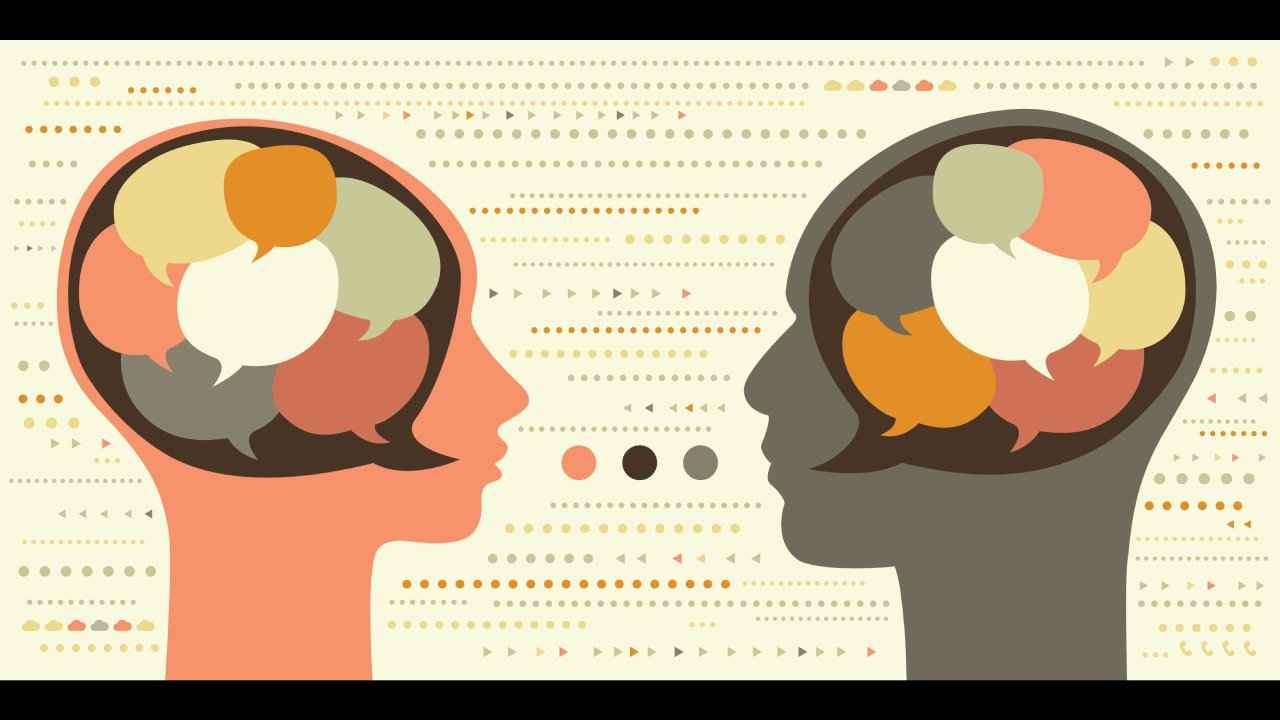The importance of soft skills or Interpersonal skills

Interpersonal skills are something we use on a daily basis, when we communicate or interact with other people. Things as basic as listening and speaking skills fall under interpersonal skills and as such, it is not an exaggeration when we say that good interpersonal skills are directly proportional to succeeding at life. These are skills that come in handy in every aspect of life – work or otherwise.
 Survey
SurveyOften referred to as soft skills, people skills or social skills, interpersonal skills includes communication skills, negotiation, persuasion and influencing skills, conflict resolution, problem-solving and more. While AI can take away simple communication-based jobs like that of a receptionist or a customer care agent, they're still far from being able to master interpersonal skills the way a human can. Excelling at skills like negotiating, problem solving and persuasion in a professional setting provides ample amounts of future-proofing when it comes to job security.
How can you go about improving your interpersonal skills? The very first step is to find out where you're lacking and work on that. In order to do so, you can make use of many online self-assessment tests – www.skillsyouneed.com/quiz/343479 for example. Of course, such tests are not 'interpersonal', so another good way to get feedback is to speak to people. The next most basic step you can take is improving your communication skills. Speaking we have already covered, but listening is often more important. There are several technological avenues you can explore here, like listening to audiobooks, for example. Not only does this improve your vocabulary, as a regular book would, it also teaches you how to pronounce and enunciate words. Furthermore, it can help you better understand the different spoken accents as well.
A big part of interpersonal skills is emotional intelligence – being aware of your emotional state, your thoughts and actions, and your impact on those around you. This is a significant aspect, one that AI is nowhere near capable of. This actually makes it important to manage your emotions, not just for the sake of those around you, but for your own mental health as well. Additionally, this affects your work performance, and if you’re someone who heavily relies on interpersonal skills professionally, then it’s of paramount importance that you manage your emotions. There are several apps that can help you better manage your emotions and relieve stress. Apps like Sanvello and Headspace for example, are made specifically to bring down stress levels. Everyone has different ways of relaxing, so find out what works for you.
Skills like negotiation, persuasion, and conflict mediation often require experts because you need advanced communication skills to pull these off successfully. They need someone to be able to read a situation and the emotions involved. They need humans, because you never want an AI delivering bad news, for instance, and you can't program AI to tell white lies, which humans often do.
In addition to the apps we’ve already mentioned, here are a few more you can check out:
Coursera: Online courses
Skillsoft Learning App
VirtualSpeech: VR Courses
HBR Tips
Manish Rajesh
Manish can usually be found fervently playing video games of all kinds or… no wait he’s pretty much always playing games View Full Profile